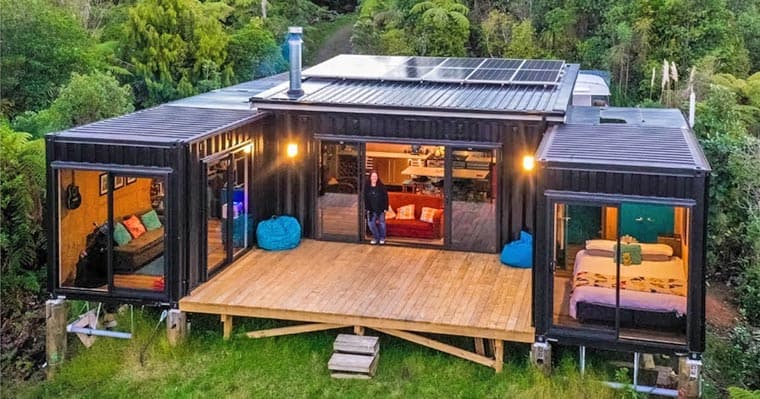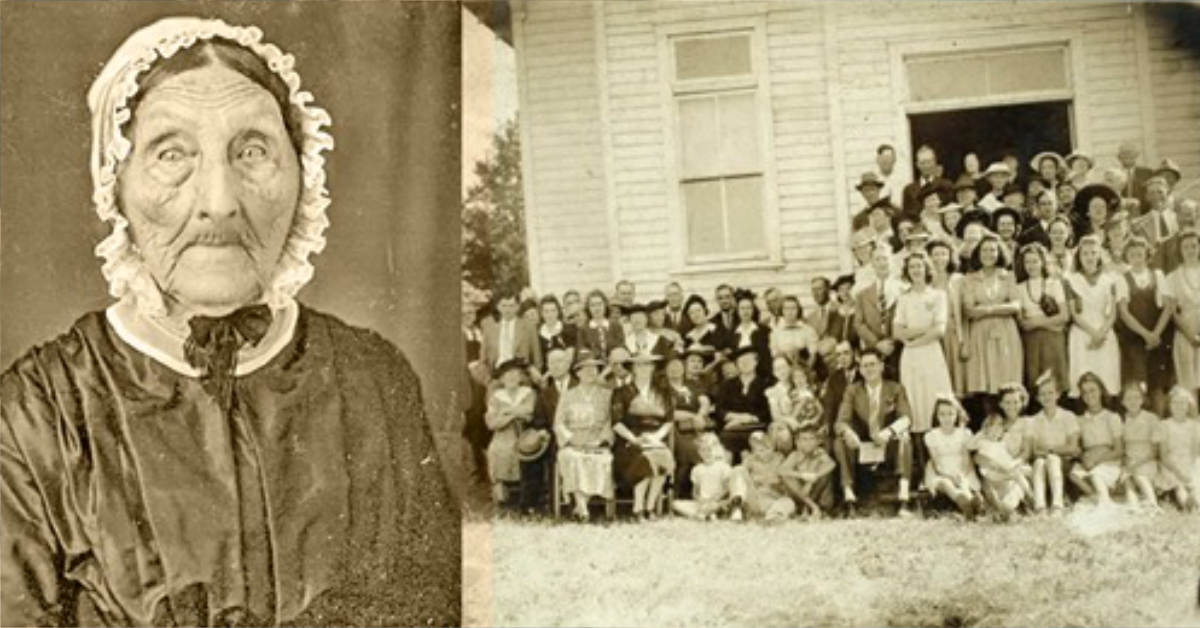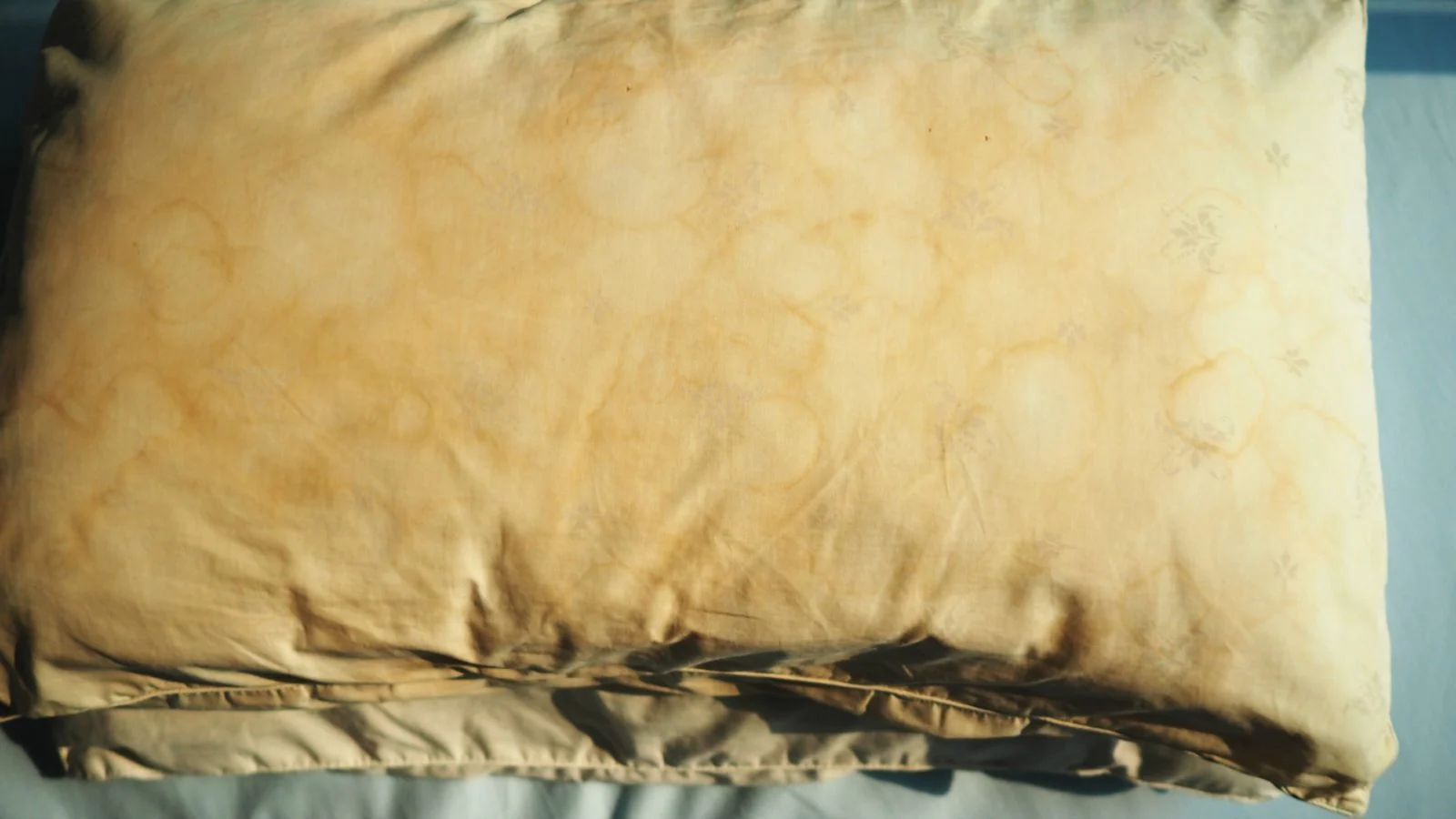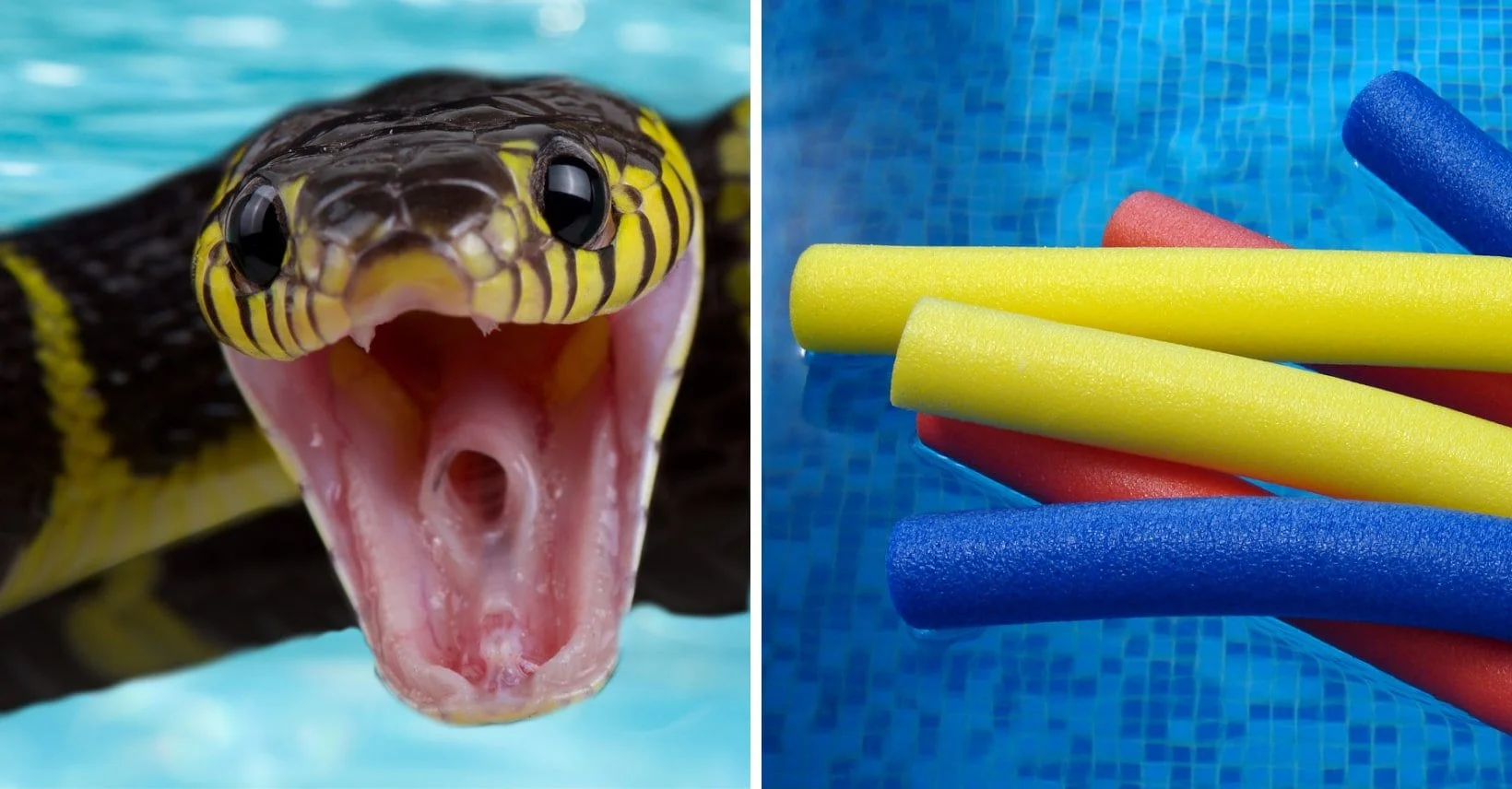Evgeny Anisimov is a 33-year-old man who adores his wife. Couples don’t always agree on everything, but a tiny disagreement shouldn’t be enough to spark a gap between the couple. However, that sadly changed at the birth of Misha, his beloved son.
The birth of Misha was a beautiful and wonderful moment for all as any birth is. However, the mother was set back a little when the news was broken to them.
Their child was born with Down syndrome, which caught both parents off guard. Evgeny struggled to cope with the news, but he summoned the strength to be the greatest parent he could be, regardless of the circumstances.
His wife, on the other hand, was not as enthusiastic or upbeat as he was. She wanted to place the boy in foster care, but Evgeny was not on board with that idea.

In fact, he used the word “Inhumane” to describe it. No sugarcoating there.
Evgeny thought Misha deserved to be happy and have a father in his life because he was still his son. He wasn’t expecting a medal or anything in return. Even if the original news made him cry a little, he was just doing his job as a child’s father. But Evgeny’s thoughts were “This is my son,” not “This is a little one with Down Syndrome.”
Dealing with diagnosis like this is never easy for either parent or child, but parenting is never easy either.
The mother wanted to give the child away just because he had Downs Syndrome. However, the dad quickly stepped up and decided he will raise him alone then

The first priority was to have a better understanding of Down Syndrome. Evgeny needed to know what his son had before he could figure out what he needed.
A third copy of chromosome 21 causes Down Syndrome. There is no cure for down syndrome, and all you can do for someone who has it is give them the best life you possible could.
When it comes to people with learning challenges, disabilities, or genetic illnesses, it goes without saying that we come from a society that is universally sympathetic and accepting.
Misha can’t speak or stand up for himself. His dad has to do that for him, and nothing is going to stop him.
Evgeny made it a point to educate as many people as possible about raising children with Down syndrome. Every opportunity he has, he uses to teach others. Make no mistake: this isn’t for attention on social media or anything like that.
He wants to ensure that more parents do not see children like Misha and consider placing them in foster care or abandoning them.
His genes may be different, but he feels happiness and love like everyone else.
“I want all the articles about Mishka and me that are being published now to convey that idea to society and instill it. And I also want to support, inspire with my example those people who are or will be in the same situation as me. I try to communicate with those who are within reach, I correspond with those who are far away. I hope that those who have difficulties now, as it was for us, read about us. Have no fear! Everything will be fine!” – Evgeny says in a Boredpanda article
Misha, at his age and in his condition, is unlikely to notice that he is different from others. He only knows that his father adores him. Evgeny will make certain that everyone loves Misha as much as he does.
We all take our time learning these things, and Evgeny is no exception. When he initially learned that his son had Down Syndrome, he sobbed tears of embarrassment.
Then, after swiftly regaining his composure, he realized that he had nothing to be embarrassed about. No parent, especially one who has recently given birth, should be humiliated by his own child. Evgeny had this core idea quite immediately.
As Evgeny said so himself, he still had all his arms and legs, a steady job, and a child.
When it comes to having children, genetic problems and issues are always a possibility, so it’s not like he had no idea what he was getting himself into when he decided to become a father.
He wanted to learn more about Down Syndrome, and in the process, he discovered that there is very little he needed to be concerned about. People with down syndrome usually communicate and integrate into society just fine in Europe, despite the natural difficulties that their condition brings.
But they can live in peace and happiness, and anything past that is secondary.
“When I made the decision, I had not yet thought about the likelihood of an optimistic scenario. I thought: well, he’s going to enjoy the sunrise, I’m going to take him out to barbecue, he’s going to live his life. Yes, maybe he seems unhappy to someone, but he will have his own life. At no time did I think of leaving my son in an orphanage, that would be inhumane.”












